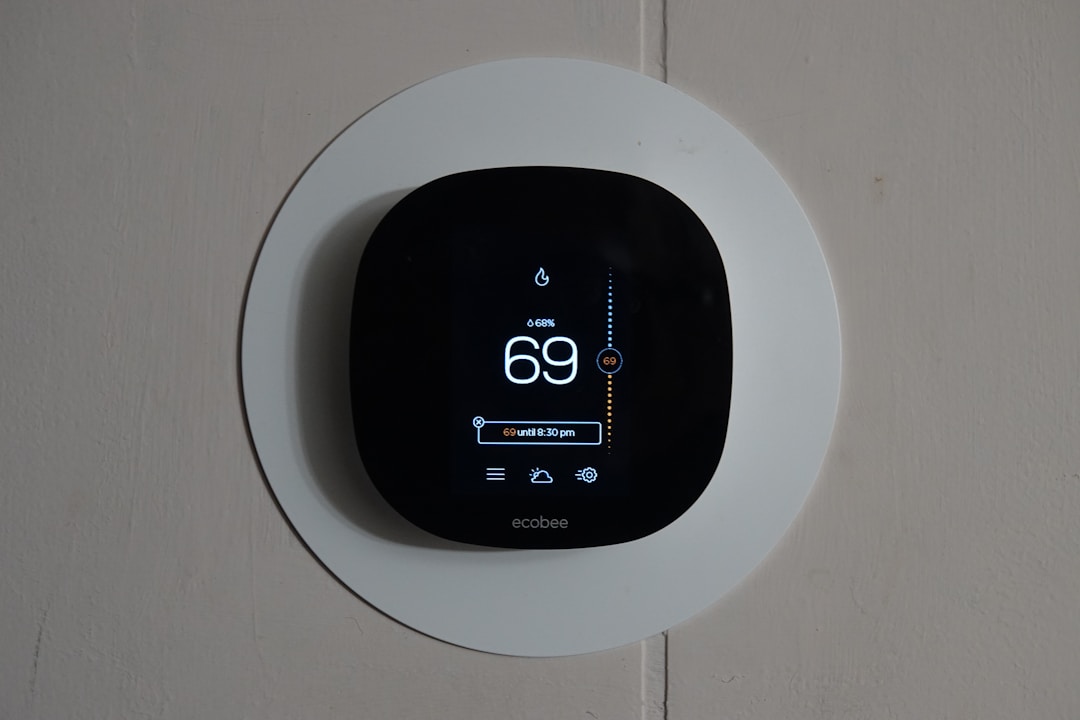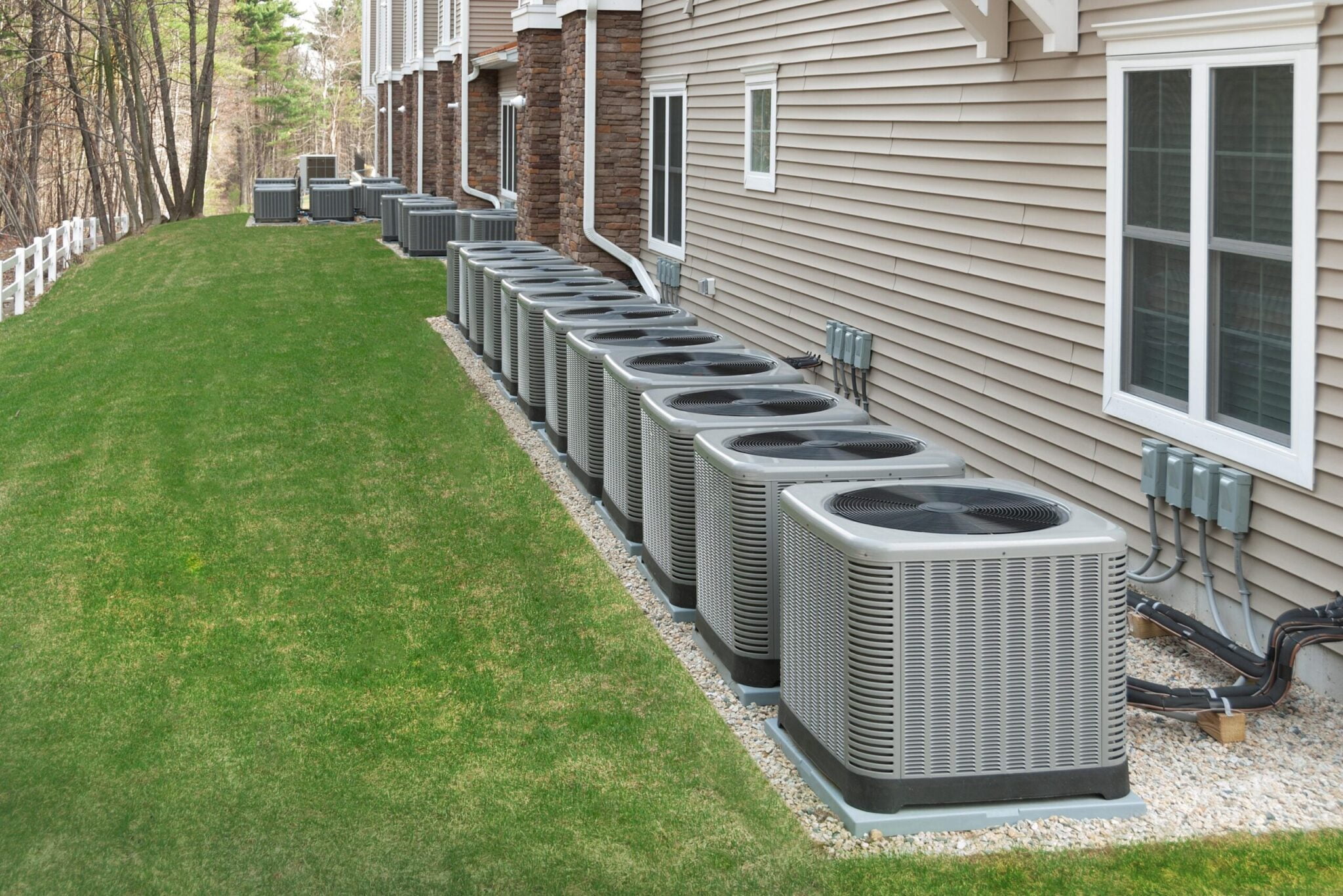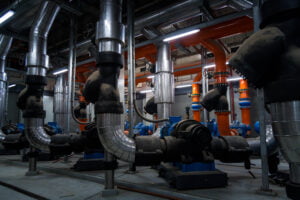As the world progresses towards more sustainable living choices, there is no doubt that HVAC systems have evolved rapidly to accommodate consumer needs. Modern air conditioning and heating systems not only ensure comfort but also incorporate eco-friendly features for sustainable homes. In this article, we will explore the energy-efficient options available in today’s AC and heating market, discuss their benefits and drawbacks, and provide guidance on choosing the right system for your home. Keep reading to learn more.
High-Efficiency Heating Solutions

Heating systems have also made strides in energy efficiency over the years, with a variety of options available to keep your home warm while minimizing environmental impact. Energy-efficient furnace options include high-efficiency gas furnaces with a high Annual Fuel Utilization Efficiency (AFUE) rating that convert more fuel into heat, minimizing waste and saving energy. Heat pump systems are another efficient heating option that works by transferring heat from the outdoor air or a ground source, delivering an eco-friendly and energy-efficient heating solution for moderate climates.
Radiant heating systems, which deliver heat through a network of pipes in floors or walls, can also provide energy-efficient heating, as they distribute heat evenly and require less energy to maintain desired temperatures. When considering an energy-efficient heating system, pay attention to the system’s size, type, installation, and maintenance requirements, which will affect its overall efficiency and performance. Consult a professional such as Anderson, SC AC and heating services to determine the best heating solution for your home.
Energy-Efficient Air Conditioning Systems
Air conditioning systems have come a long way since their inception. Modern air conditioners are designed to consume less energy, reduce carbon emissions, and maintain optimal indoor air quality. Inverter air conditioning systems, for example, utilize a variable-speed motor that adjusts compressor speed according to the cooling demand, resulting in significant energy savings compared to traditional fixed-speed air conditioners.
Ductless mini-split systems have become increasingly popular due to their efficiency and versatility, as they allow for zoning control, thus providing optimal comfort in each room without cooling the entire house. Smart air conditioners are equipped with programmable thermostats and advanced sensors to conserve energy by learning user preferences and adjusting temperatures accordingly.
When choosing an energy-efficient air conditioner, it is important to consider the system’s Seasonal Energy Efficiency Ratio (SEER) rating, which indicates its energy performance. A higher SEER indicates a more efficient system. Look for air conditioning units with the ENERGY STAR label, as they meet stringent efficiency requirements set by the U.S. Environmental Protection Agency.
Integrating Smart Home Technology

Smart home technology has become an essential player in the quest for an energy-efficient household. Integrating smart thermostats, sensors, and other home automation systems with your air conditioning and heating solutions can further enhance energy savings and optimize comfort. Smart thermostats allow for programming schedules and adjusting temperatures remotely, minimizing energy consumption when no one is home.
Apart from temperature control, smart home technology can also improve indoor air quality through air purifiers, humidifiers, and ventilation systems that work in tandem with your AC and heating solutions. These devices can monitor and control various aspects of indoor air quality, such as temperature, humidity, and particulate levels, ensuring a healthy living environment.
As you can see, the evolution of energy-efficient air conditioning and heating systems has made it easier for homeowners to adopt sustainable living practices while enjoying a comfortable and healthy indoor environment. When searching for the right energy-efficient air conditioning and heating solutions for your home, several factors should be taken into account, such as the type of system, its efficiency ratings, and the potential for integration with smart home technology. By considering the factors outlined in this article, you can make informed decisions and contribute to a greener future for our planet.








